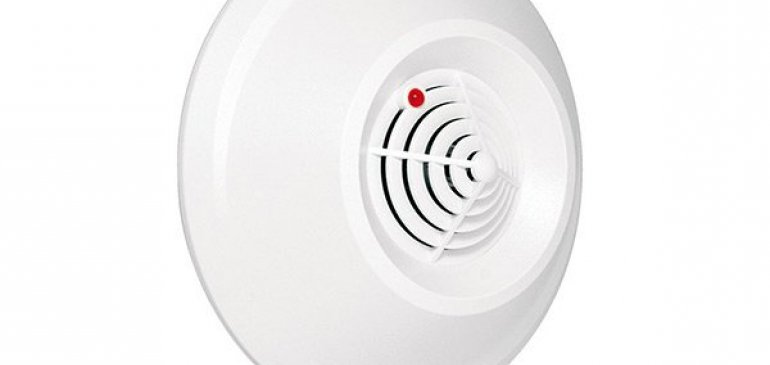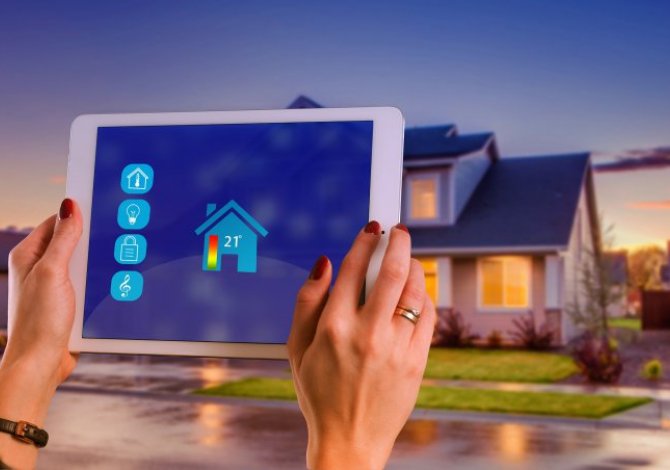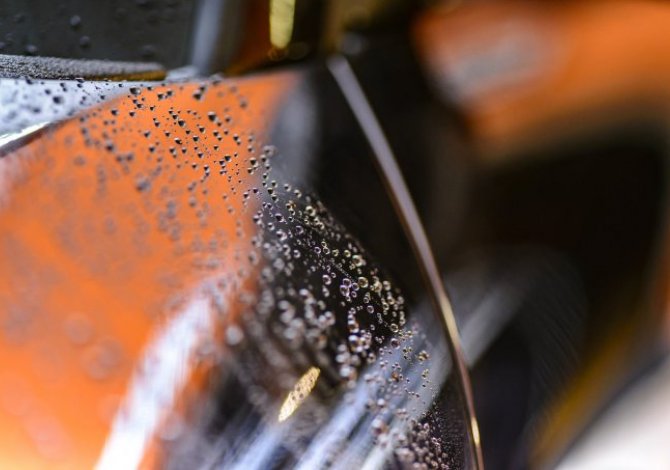Gas and carbon monoxide detectors are installed to protect homes from excessive concentrations of these substances. They are usually installed near a gas cooker, propane-butane cylinder, fireplace or coal boiler. When buying a gas detector you should pay attention to the type of power supply, noise level and durable housing.
Why is it worth getting a gas detector?
Agas detector is installed in order to detect a dangerous concentration of a substance at an early stage and to alert the environment about the danger. There are detectors for carbon monoxide, natural gas, LPG and smoke (including cigarette smoke). Chad is a colourless, tasteless and odourless gas. It is formed as a result of incomplete combustion of organic and inorganic substances with insufficient oxygen supply. It occurs naturally during volcanic eruptions and plant fires. In the human environment, it is caused by incomplete combustion of solid and liquid fuels (coal, oil, wood, gas, oil, petrol, kerosene, propane). Inspections of the gas system occur regularly, but it cannot be guaranteed that no leakage will occur between inspections. Escaping gas is a threat to human health and even life. It leads to poisoning and increases the risk of explosions in the home. Carbon monoxide binds to haemoglobin in human blood about 270 times faster than to oxygen. Therefore, even low concentrations can lead to hypoxia and damage to the nervous system.
What to pay attention to when buying a gas detector?
Gas and carbon monoxide detector is worth buying if you use a gas cooker, propane-butane cylinder, gas water heater, coal or oil boiler or fireplace. The sensor will then warn of any leakage even in the event of a fire. It should be placed near the gas source. This is usually the kitchen, bathroom and boiler room. When choosing a detector you should pay attention to the type of power supply. There are electric, battery or battery-powered alarm devices available on the market. The latter are the best solution because if there is a power failure the device will still work thanks to the batteries. An important aspect is also the volume of the alarm, which must be loud enough to wake up sleeping household members and to be heard by people with impaired hearing. The best device will generate noise at a level of 80-90 dB. It is also worth getting a sensor with a test function. This allows you to check whether the device is working properly. It is also good if the detector has a durable housing (protecting against dust and flooding) and a backlit display (making it easier to read the measurements).
External material
















Comments (0)